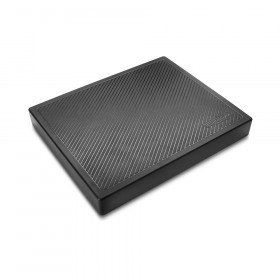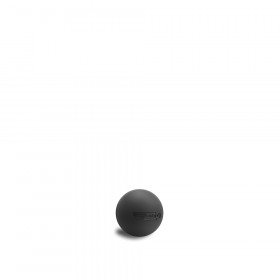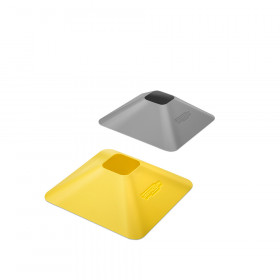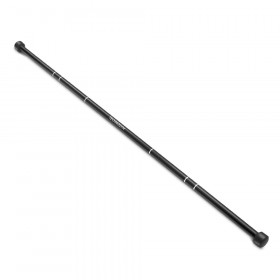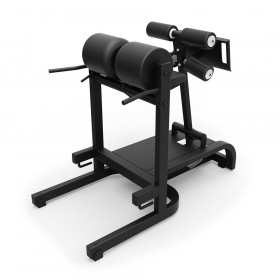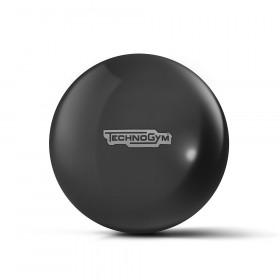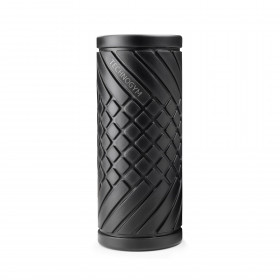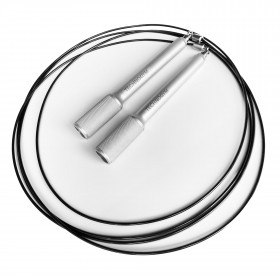Coconut water has become the supermodel of the beverage industry in the past few years. From being enjoyed as a novelty drink, supped straight from a green coconut through a straw on tropical holidays, it has been liberated from its natural container and now lines the shelves of grocery stores in modern cartons.
Coconut water, hailed as a miracle drink, is popular with celebrities, sports professionals, and the exercise and fitness community. Claims of its benefits range from aiding weight loss, giving individuals perfect complexions, curing hangovers, and reducing blood pressure to being the perfect sports and exercise recovery drink. Whilst experts disagree over the validity of many of these claims, there is less disagreement that coconut water, as a sports drink made by Mother Nature can be a low calorie and refreshing way to rehydrate at the end of a workout.
Coconut water is primarily gathered from young green immature coconuts and should not be confused with coconut milk. The water-like liquid inside a coconut is called coconut water, whereas coconut milk refers to the liquid products obtained by grating the solid coconut "meat", with or without the addition of water.
Coconut water is a beverage used to quench thirst, while coconut milk is primarily used as a food ingredient to add consistency and coconut flavour in many East Asian traditional recipes. Another important difference between coconut water and coconut milk is the fat content; coconut milk contains 57grams of fat per cup compared to 0.5 grams in coconut water.
Coconut water has fewer calories, less sodium, and more potassium than most sports drinks, and considerably less sugar than fizzy drinks and some fruit juices. Ounce per ounce, most unflavoured coconut water contains 5.45 calories, 1.3 grams sugar, 61 milligrams (mg) of potassium, and 5.45 mg of sodium compared to a typical sports drink, which has 6.25 calories, 1.75 grams of sugar, 3.75 mg of potassium, and 13.75 mg of sodium.
Coconut water is virtually fat free, with just 0.5 grams per cup. It also provides a small dose of healthy omega fatty acids, with 4.8 milligrams of omega-6 fats. Coconut water also contains five essential electrolytes that are present in the human body. These include: calcium, magnesium, phosphorous, potassium and sodium. This is often why coconuts are called the “fruit of life”.
However, the low calorie, low fat benefits of coconut water over other beverages can be lost if you are buying packaged coconut water because some manufactures add sugar and juices to the natural product in a bid to improve the taste (which some people find unpalatable).
According to Lillian Cheung, DSc, RD, of Harvard School of Public Health and co-author of Savor Mindful Eating, Mindful Life, “One 11-ounce container has 60 calories and if you drink several in one day, the calories can add up quickly." Cheung suggests being mindful about beverage choices and reading labels to choose plain coconut water and avoid those with added sugar or juices, which are no different from other sugary drinks.
Another important distinction is whether the coconut water comes from a young or mature coconut. Water from mature coconuts is completely different from that harvested from the unripe green fruit. As coconuts begin ageing the flesh of the coconut absorbs the nutrients in the water, making the water less nutritious.
Growing interest in coconut water has resulted in a sudden spike in demand, which has led some companies to use coconut water from mature coconuts in order to lower their costs and increase the supply. Therefore, to get the best from drinking coconut water, it is important to check product labels and only drink water from young, green coconuts.
The popularity as a sports drink for recreational athletes was given a huge boost when Professional tennis player, John Isner, attributed his epic 11-hour marathon Wimbledon tennis win in 2010, to coconut water. “It is super hydrating and has kept me going in long matches and prevented me from cramping even in the hottest and most humid conditions,” says Isner. Isner says he drinks a mixture of coconut water and water the night before a match in difficult heat conditions and routinely mixes a cocktail of coconut water and sea salt for on-court hydration and mixes it with protein powder for post-match recovery.
Coconut water may be better at replacing lost fluids than a sports drink or water. A study published in the journal of the International Society of Sports Nutrition in 2012 (http://www.jissn.com/content/9/1/1) found that coconut water was equally effective at rehydrating after a tough workout when compared to a sports drink. Another study recently published in Medicine & Science in Sports & Exercise shows that coconut water replenishes body fluids just as well as a sports drink and better than water.
Other studies have reported that coconut water caused less nausea, fullness, and stomach upset, and was easier to consume in large amounts during rehydration. In addition, with an estimated glycemic load of just three, coconut water is a good alternative to drinks that have added sugar, which could cause a spike in your blood sugar when you drink them.
As a means of hydration, drinking coconut water can be a good option for some people, depending on the kind of workout they do. Coconut water is lower in sodium, the main electrolyte lost through sweating and carbohydrates, which help recovery by restocking spent energy stores, compared to conventional sports drinks. Therefore, generally, if individuals are exercising less than 60 minutes, coconut water can be a good choice for hydration.
However, for workouts involving more strenuous exercise that produces a lot of sweat, a sports drink might be a better alternative than coconut water because it will more effectively replenish electrolytes and carbohydrates. Nevertheless, coconut water is an excellent source of potassium (430 milligrams per 8-ounce serving), which tends to be deficient in people’s diets especially when you consider that many individuals don't take in the FDA recommended daily amount of 4700 milligrams.
Coconut water is an all-natural way to hydrate, reduce sodium, and add potassium to diets. If you enjoy the distinctive, slightly sour taste and your budget allows it, there are a number of brands available in handy cartons that can easily be substituted for more sugary sports drinks. However, coconut water is by no means a magic pill when it comes to health and fitness. It won’t compensate for a sedentary lifestyle and over eating. Consequently, some of the more elaborate claims for drinking coconut water are more likely to be the result of regular exercise and a nutritionally balance diet than any magic elixir of life properties of the drink.


